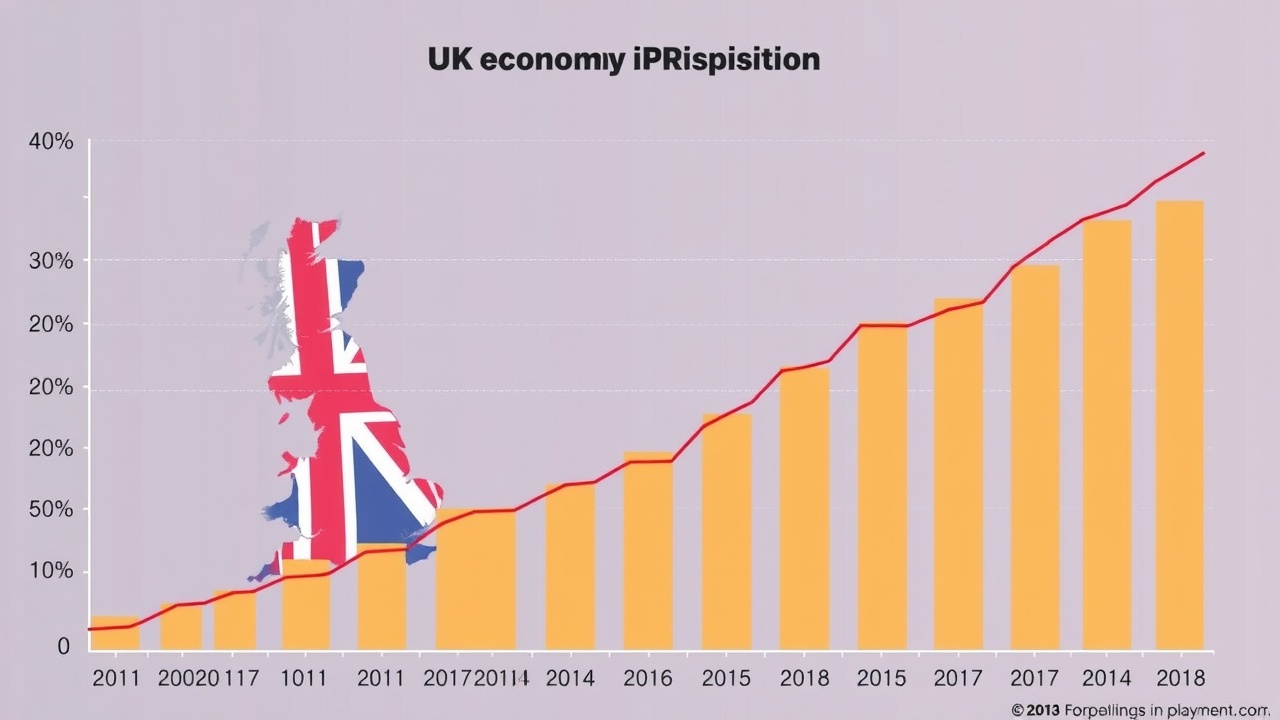
The manager of the Murray Income Trust, Charles Luke, tells us where he would invest his money and names three mid-cap companies that are listed in the UK
The Murray Income Trust has a 51-year dividend growth record and was established more than a century ago. Despite its broad sectoral diversification, the portfolio prioritizes higher-quality businesses. A portfolio that can increase earnings and, consequently, dividends under a range of market conditions demonstrates the advantage of this focus on quality.
The fund's primary investment is in the UK market, which is increasingly seen as a reasonably safe haven in a world that has been completely upended by President Donald Trump's tariffs. Thankfully, compared to many of their foreign rivals, UK exporters enjoy a lower tariff level. The timing of the tariff shock is favorable for companies listed in the United Kingdom.
The labor market is still strong and savings are high, and consumers are not feeling as much pressure as they once did. The Bank of England has a lot of room to lower interest rates, UK stocks are valued attractively in comparison to US stocks, and foreign investors have long ignored British stocks. It's possible that the US equity market's allure is beginning to fade after years of monopolizing investment returns. The three UK-listed mid-cap companies listed below, in my opinion, make appealing investments in light of this.
In the British home furnishings industry, Dunelm (LSE: DNLM) holds the top spot. In a fragmented industry, we think the company can continue to gain market share and achieve its target of 10%. The company offers a variety of channels, and the website currently accounts for 40% of sales. Dunelm maintains close relationships with its suppliers through long-term partnerships and offers a robust assortment of own-label products in a range of price points.
The business recently entered Ireland, and there is potential for long-term geographic growth. With a dividend yield of 4%, the shares trade at a price/earnings (p/e) ratio in the low teens. The strength of the balance sheet has usually allowed for an additional yearly special dividend to be paid out in addition to the payout.
In May, Gamma Communications (Aim: GAMA) will relocate from Aim to the main market. An intriguing opportunity presented itself when funds that owned the shares to lessen investors' exposure to inheritance tax were forced to sell. Mostly serving small and medium-sized businesses in the UK and, after a number of acquisitions, Germany, Gamma is a telecom group that offers a variety of primarily cloud-based communications solutions.
For the company, which enjoys recurring revenues, strong margins, high cash conversion, and a product that is essential to the businesses that use its services, the growing complexity of communications is a growth driver. A p/e ratio in the low teens, in our opinion, understates the company's potential for growth.
This UK mid-cap comes with profitable presents.
With more and more greeting cards and gifts being sent online, Moonpig (LSE: MOON), an online platform for these products, is offering appealing structural growth. The business has low capital intensity, low working capital needs, attractive operating margins, and almost no inventory risk. A 70 percent market share is three or four times greater than that of its closest competitors and translates to 12 million active users tracking approximately 100 million date reminders (the app alerts users when significant events are coming up). The mid-teens p/e ratio appears favorable in light of the company's mid-teens growth goals.














Leave a comment on: Three mid-cap companies in Britain that might be "attractive" investments